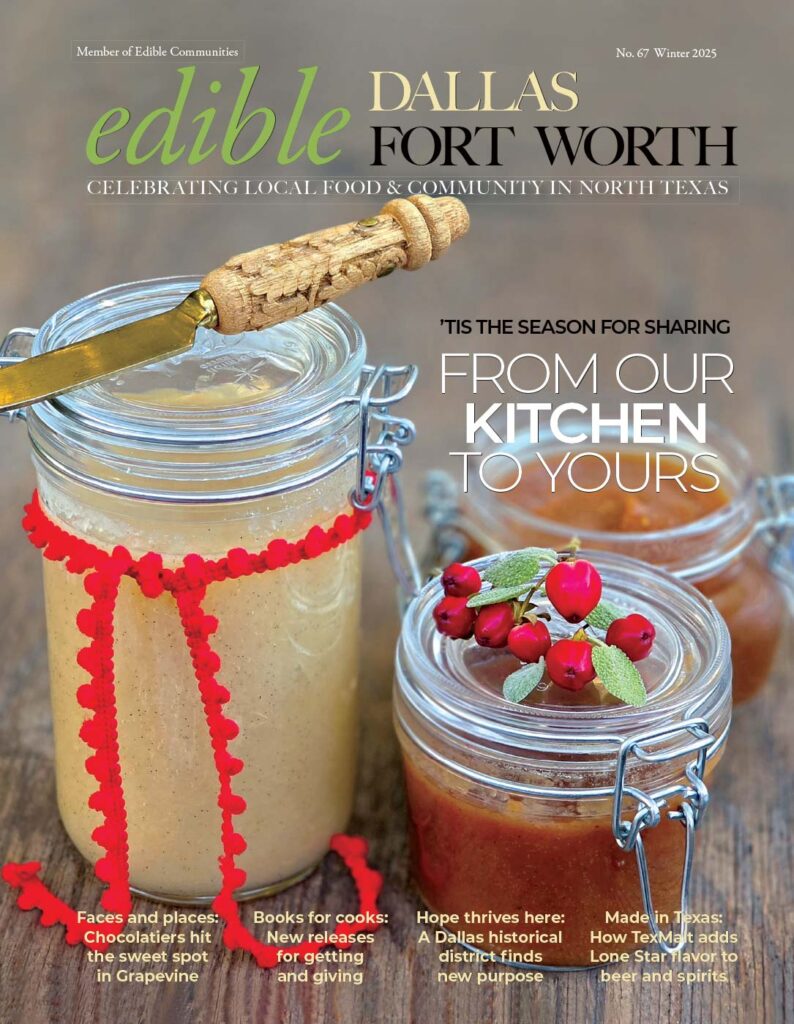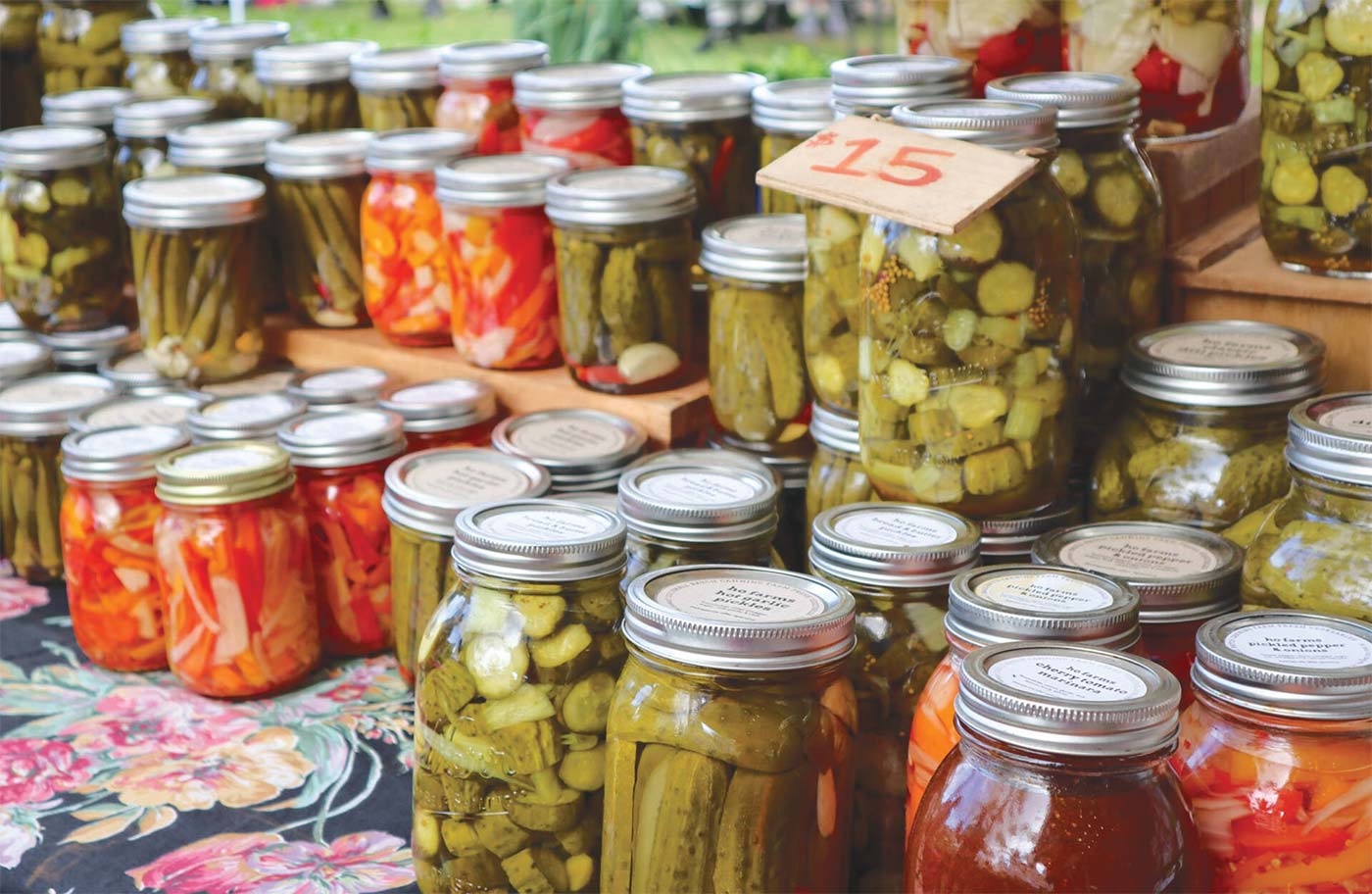
Guest column: Texas Cottage Food Production law gets a welcome upgrade
In homes across Texas, everything from pastries to pickled vegetables are in production in kitchens big and small. You may have bought jam from a neighbor or bread at a farmers market. Beginning in 2011, the Texas Cottage Food Production law allowed individuals–farmers, food artisans and home bakers–to make certain products in their home kitchen with minimal regulation to sell directly to consumers. More than 1,000 “cottage” industries debuted in just the first two years, and interest in the movement continues to grow. But limits on what foods could be sold and how they could be sold has held back many producers. This year on September 1, that all changed.
Thanks to updates in a law that the Farm & Ranch Freedom Alliance (FARFA) pushed for in the recent legislative session, Texans have new opportunities to create or expand a home-based food business. The newly approved version dramatically expands what Texans can make and sell from their home kitchen, as well as how and where they can sell them. Highlights from the update:
- Homemakers can sell hot vegetarian meals.
- Farmers can process, freeze and sell excess produce.
- The annual sales cap has tripled–from $50,000 to $150,000–giving home-based cottage food businesses opportunities to grow.
- A food producer’s home address is not required on labels, giving more privacy to individuals.
- Shelf-stable foods can be sold through third-party vendors rather than only in direct-to-consumer transactions. This allows small cafes and grocers to carry gluten-free or other specialty baked goods, herb and spice mixes, freeze-dried produce and other items made by cottage producers.
Cottage food operators have long followed state-mandated regulations on packaging, safe food handling, labeling and other regulations. These recent updates should attract even more home-grown talent and help new and existing businesses flourish and grow, a major win-win for them and consumers.
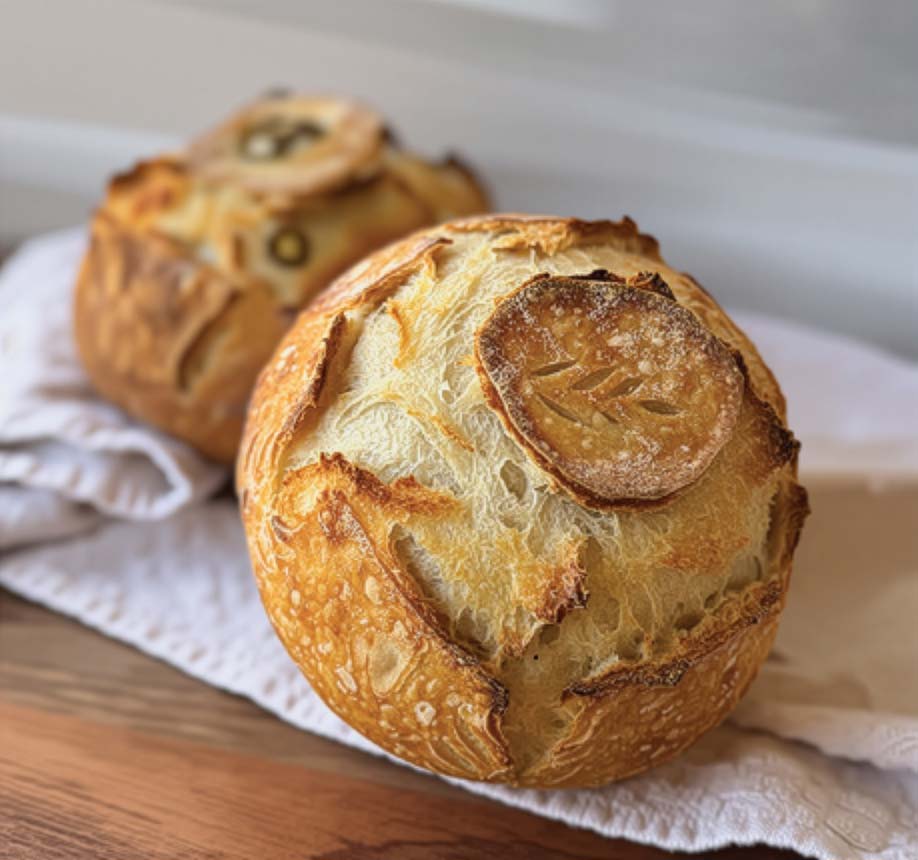
“ My mind is already buzzing with the new directions I can take my business. I will have more freedom to serve my community and grow my business without compromising on quality, values or privacy.” —Marion Carol
WHO BENEFITS: ONE BAKER, ONE STORY
By Maria Whitworth
The newly expanded cottage food law in Texas impacts many small home bakers and producers including Marion Carol, who runs Fixing a Feast Artisan Sourdough Bakehouse out of her home in Melissa, Texas. “Ultimately, come September, I will have more freedom to serve my community and grow my business without compromising on quality, values or privacy,” says Marion.
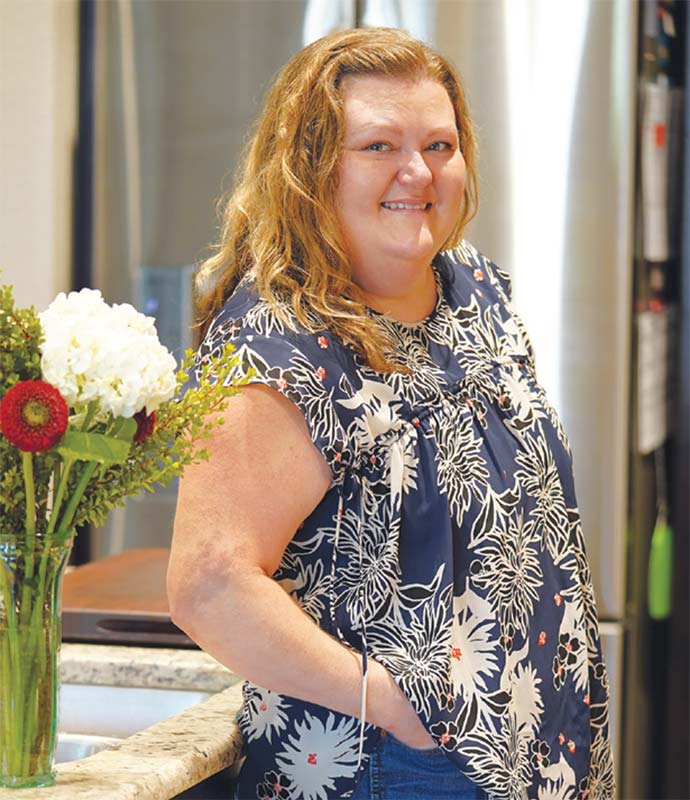
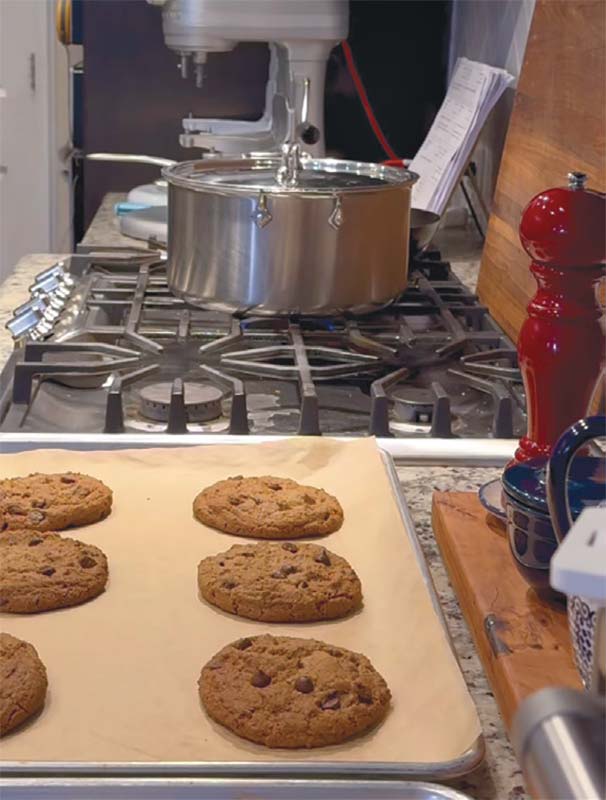
She is focused on three major upgrades to help her cottage food business:
“The increased sales cap is a huge win, allowing me to bake and sell more without needing a commercial kitchen, giving me room to expand thoughtfully,” she says. “I’m incredibly excited about the opportunity to move into ‘temperaturecontrolled for safety’ foods. My mind is already buzzing with the new directions I can take my business.” But, Marion says, “Perhaps my favorite part of the new law is the ability to protect my home address on labels. This is so important to me. As someone active on social media, I love to reshare when customers post about my products. Previously, I was reluctant to do this if my address was visible, as I didn’t want to share that information broadly.” Easing the wage-earning load on her husband has always been a part of Marion’s career goals as a home baker. “I hope to grow this into something that allows me to support him the way he’s always supported me and maybe even retire him early one day. I’m truly grateful for the opportunity to keep building something good, from home, with God at the center. If the law hadn’t changed that wouldn’t have been possible.”
Make a difference and stay informed. Sign up for Action Alerts at FarmandRanchFreedom.org.
Judith McGeary is the Founder and Executive Director of the Farm and Ranch Freedom Alliance (FARFA).
-
Judith McGeary
-
Judith McGeary
-
Judith McGeary
-
Judith McGeary
Maria Whitworth is Director of Communications for Council for Healthy Food Systems, a non-prot org providing educational workshops for small farmers, giving them the business and marketing skills needed to tap into the growing demand for locally raised, pastured meats, poultry and eggs. HealthyFoodSystems.org
-
Maria Whitworth
-
Maria Whitworth
-
Maria Whitworth
-
Maria Whitworth
-
Maria Whitworth
-
Maria Whitworth
-
Maria Whitworth
-
Maria Whitworth
-
Maria Whitworth


